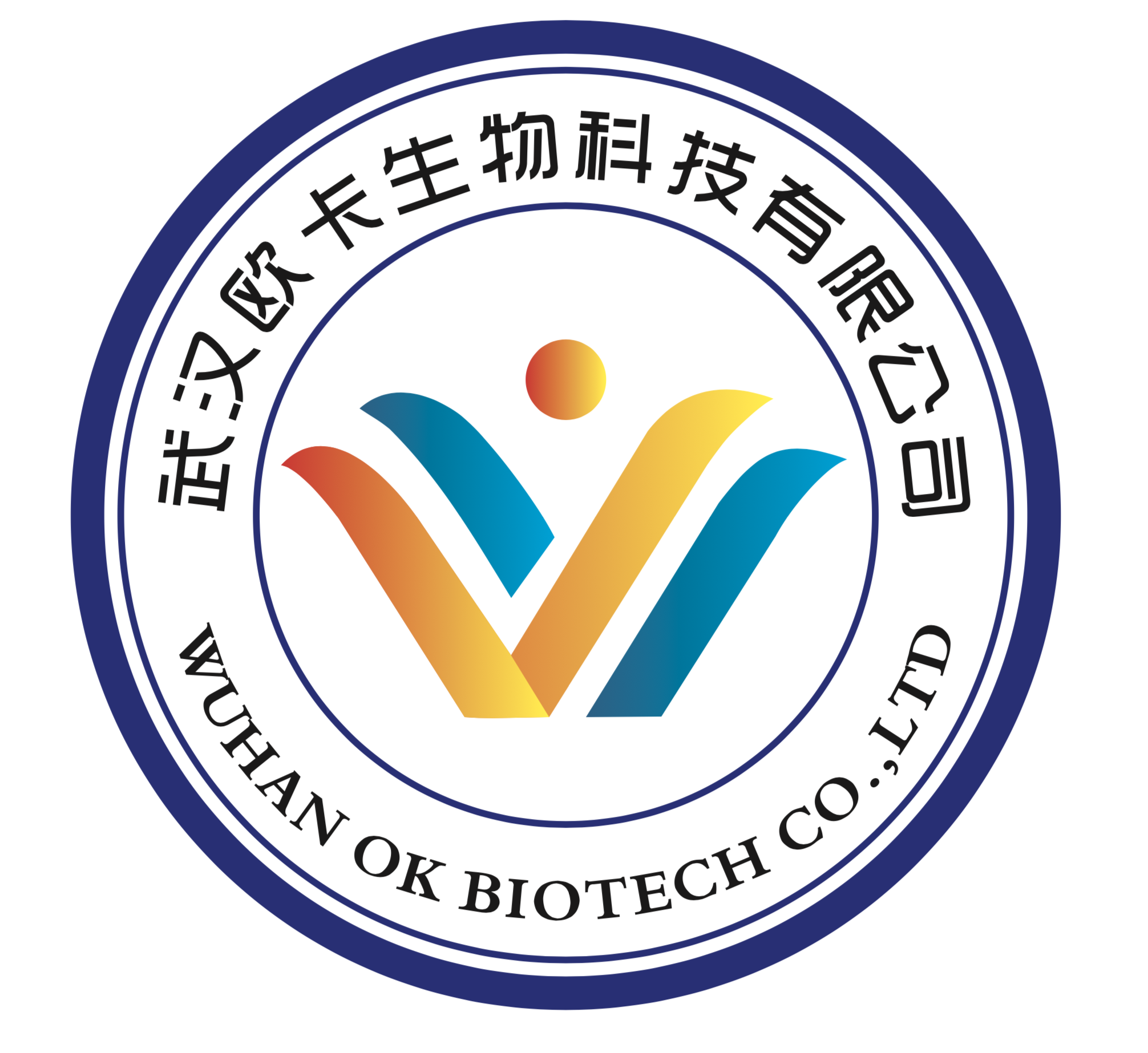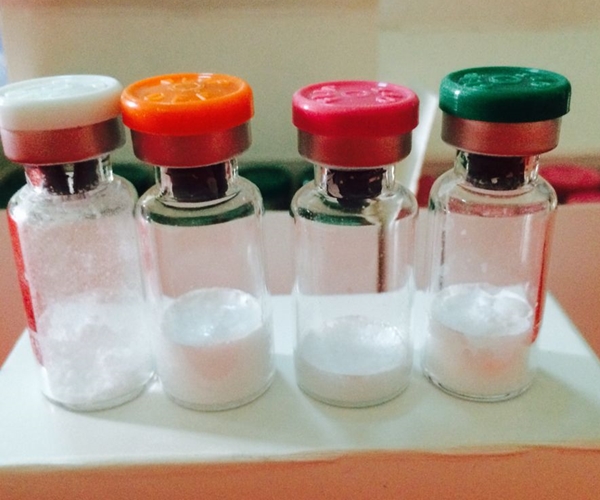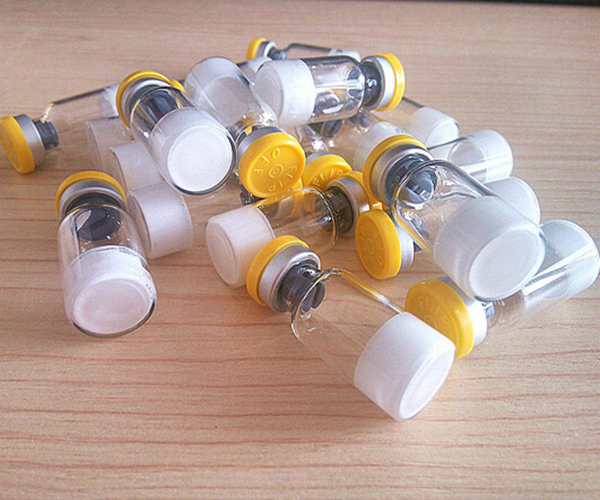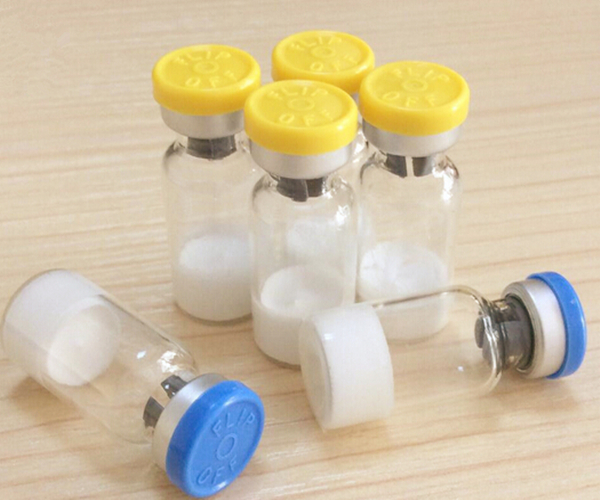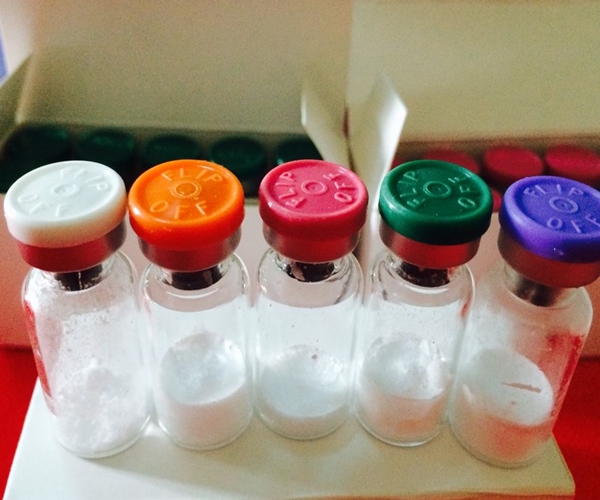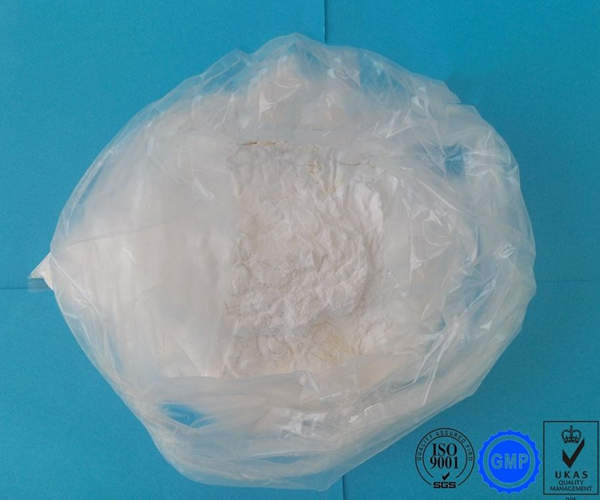Thymalfasin (thymosin-α1) is an immunomodulatory agent that is able to augment some specific T lymphocyte functions, particularly that of promoting the T helper 1 cell responses involved in host antiviral defence. The most promising clinical applications for thymalfasin seem to be as a single agent for the treatment of chronic hepatitis B and in combination with interferon-α for the treatment of both chronic hepatitis B and C. These positive preliminary results offer a strong rationale for larger, well-planned clinical trials and also for defining the optimal schedule of administration.
Description:
Thymosin α1 is a peptide fragment derived from prothymosin alpha, a protein that in humans is encoded by the PTMA gene. Thymosin Alpha-1 is a component of Thymosin Fraction 5 responsible for restoring immune function in animals lacking thymus glands. It was the original peptide synthesized from the Thymosin Fraction 5. Unlike β thymosins, which are genetically and chemically unrelated, Thymosin α1 is produced as a 28-amino acid peptide fragment from a longer, 113-amino acid precursor,prothymosin alpha. Research has shown it to enhance cell-mediated immunity in experimental animals and research subjects.
Thymosin Alpha-1 is being researched for the treatment of Hepatitis B and C, and it is also approved for inclusion with vaccines to boost the immune response in the treatment of other diseases.
Thymosin Alpha-1 is a component of Thymosin Fraction 5 responsible for restoring immune function in animals lacking thymus glands. It was the original peptide synthesized from the Thymosin Fraction 5. Unlike β Thymosins, which are genetically and chemically unrelated, Thymosin α 1 is produced as a 28-amino acid peptide fragment from a longer, 113-amino acid precursor, prothymosin alpha. Research has shown it to enhance cell-mediated immunity in experimental animals and research subjects…
Thymosin Alpha-1 is being researched for the treatment of Hepatitis B and C, and it is also approved for inclusion with vaccines to boost the immune response in the treatment of other diseases.
Exhibiting a variety of immune regulating properties, thymosin-alpha-1 induces differentiation of murine T-cell precursors and human thymocytes and the terminal differentiation of functionally immature cord blood lymphocytes and induces production of IL-2, high affinity IL-2 receptors, and B-cell growth factors by peripheral blood mononuclear cells. T-helper and cytotoxic/suppressor T-cell populations are targets of thymosin activity. Thymosin-alpha-1 has been shown to increase the efficiency of antigen presentation by macrophages and to be an endogenous modulator of alpha-thrombin activity.
Inscrição:
Thymosin alpha-1 is now approved in developed or developing countries for the treatment of hepatitis B and C, and is also used to enhance the immune response in the treatment of other diseases.
Demonstrating various immunomodulatory properties, thymosin-alpha-1-induced murine T cell precursors and human thymocyte differentiation and functional immature umbilical cord blood lymphocyte terminal differentiation and induction of IL-2, high affinity IL-2 Receptor production, and peripheral blood mononuclear cells B cell growth factor. T helper cells and cytotoxicity / inhibition of T cell populations are targets of thymosin activity.
It has been shown that thymosin-alpha-1 increases the efficiency of macrophage antigen presentation and is an endogenous modulator of alpha-thrombin activity.










